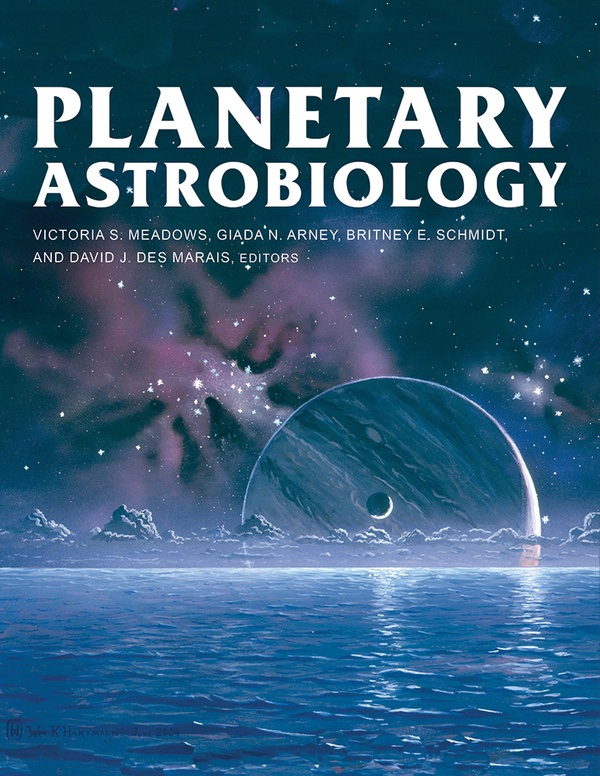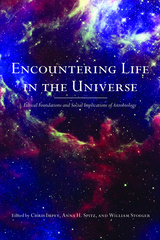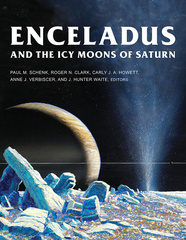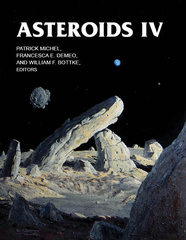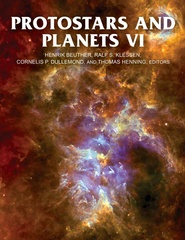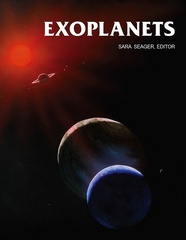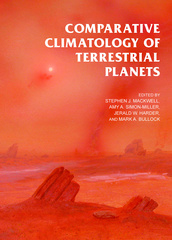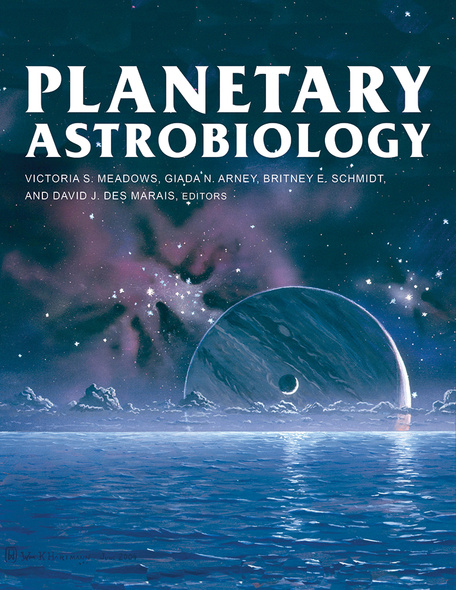
552 pages, 8 1/2 x 11
177 b&w illustrations, 24 tables, 40-page colo
Hardcover
Release Date:07 Jul 2020
ISBN:9780816540068
Planetary Astrobiology
The University of Arizona Press
Are we alone in the universe? How did life arise on our planet? How do we search for life beyond Earth? These profound questions excite and intrigue broad cross sections of science and society. Answering these questions is the province of the emerging, strongly interdisciplinary field of astrobiology. Life is inextricably tied to the formation, chemistry, and evolution of its host world, and multidisciplinary studies of solar system worlds can provide key insights into processes that govern planetary habitability, informing the search for life in our solar system and beyond. Planetary Astrobiology brings together current knowledge across astronomy, biology, geology, physics, chemistry, and related fields, and considers the synergies between studies of solar systems and exoplanets to identify the path needed to advance the exploration of these profound questions.
Planetary Astrobiology represents the combined efforts of more than seventy-five international experts consolidated into twenty chapters and provides an accessible, interdisciplinary gateway for new students and seasoned researchers who wish to learn more about this expanding field. Readers are brought to the frontiers of knowledge in astrobiology via results from the exploration of our own solar system and exoplanetary systems. The overarching goal of Planetary Astrobiology is to enhance and broaden the development of an interdisciplinary approach across the astrobiology, planetary science, and exoplanet communities, enabling a new era of comparative planetology that encompasses conditions and processes for the emergence, evolution, and detection of life.
Planetary Astrobiology represents the combined efforts of more than seventy-five international experts consolidated into twenty chapters and provides an accessible, interdisciplinary gateway for new students and seasoned researchers who wish to learn more about this expanding field. Readers are brought to the frontiers of knowledge in astrobiology via results from the exploration of our own solar system and exoplanetary systems. The overarching goal of Planetary Astrobiology is to enhance and broaden the development of an interdisciplinary approach across the astrobiology, planetary science, and exoplanet communities, enabling a new era of comparative planetology that encompasses conditions and processes for the emergence, evolution, and detection of life.
Victoria S. Meadows is a professor of astronomy and the astrobiology program director at the University of Washington, with expertise in exoplanet habitability and biosignatures.
Giada N. Arney is a research scientist at NASA Goddard Space Flight Center, working on exoplanet habitability, biosignatures, and future telescopes that could search for life on exoplanets.
Britney E. Schmidt is an assistant professor at the Georgia Institute of Technology, where she leads explorations on how planetary ice and ocean environments support life.
David J. Des Marais is a senior space scientist with NASA’s Astrobiology Program at the NASA Ames Research Center and an expert on early Earth and Mars.
Giada N. Arney is a research scientist at NASA Goddard Space Flight Center, working on exoplanet habitability, biosignatures, and future telescopes that could search for life on exoplanets.
Britney E. Schmidt is an assistant professor at the Georgia Institute of Technology, where she leads explorations on how planetary ice and ocean environments support life.
David J. Des Marais is a senior space scientist with NASA’s Astrobiology Program at the NASA Ames Research Center and an expert on early Earth and Mars.

